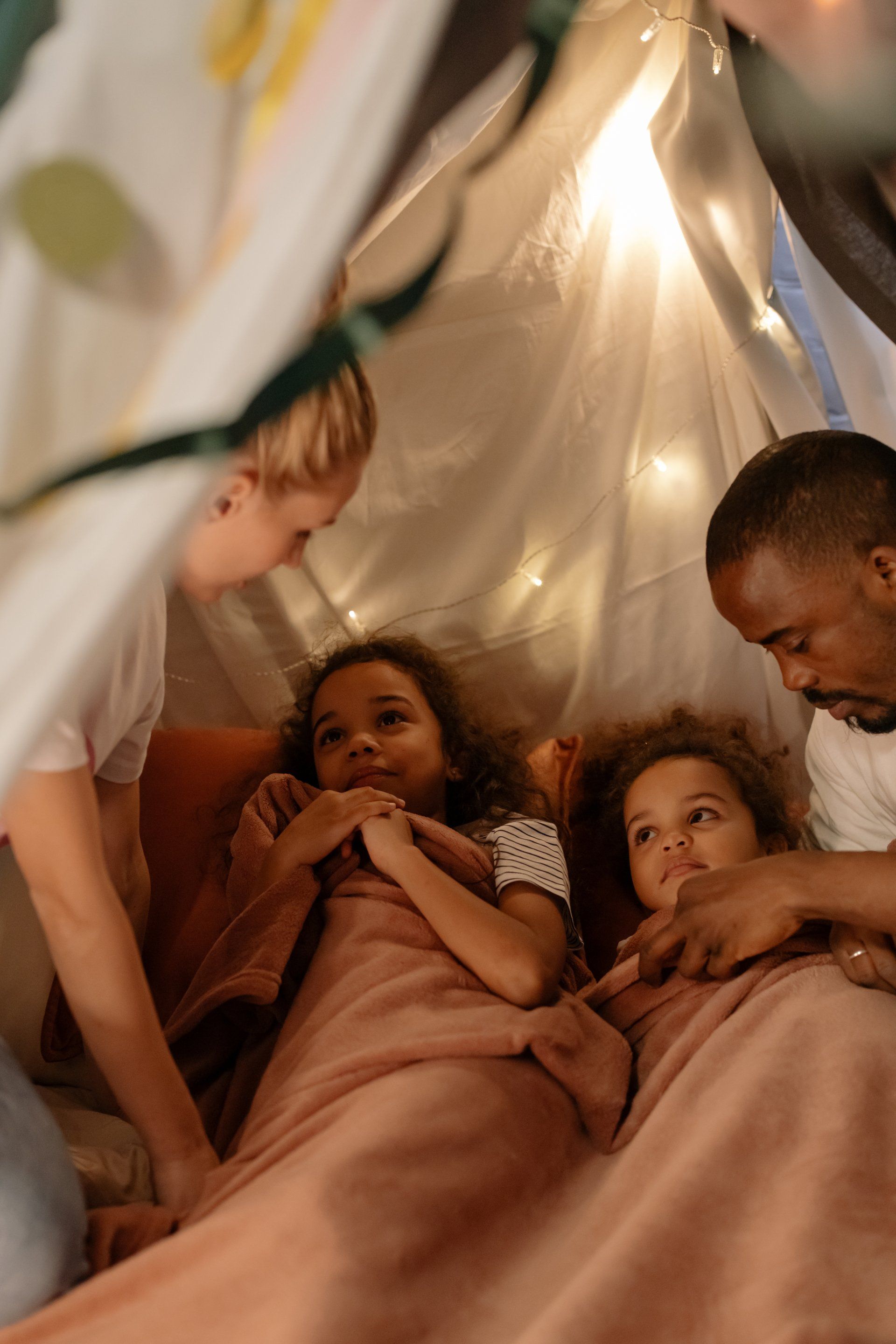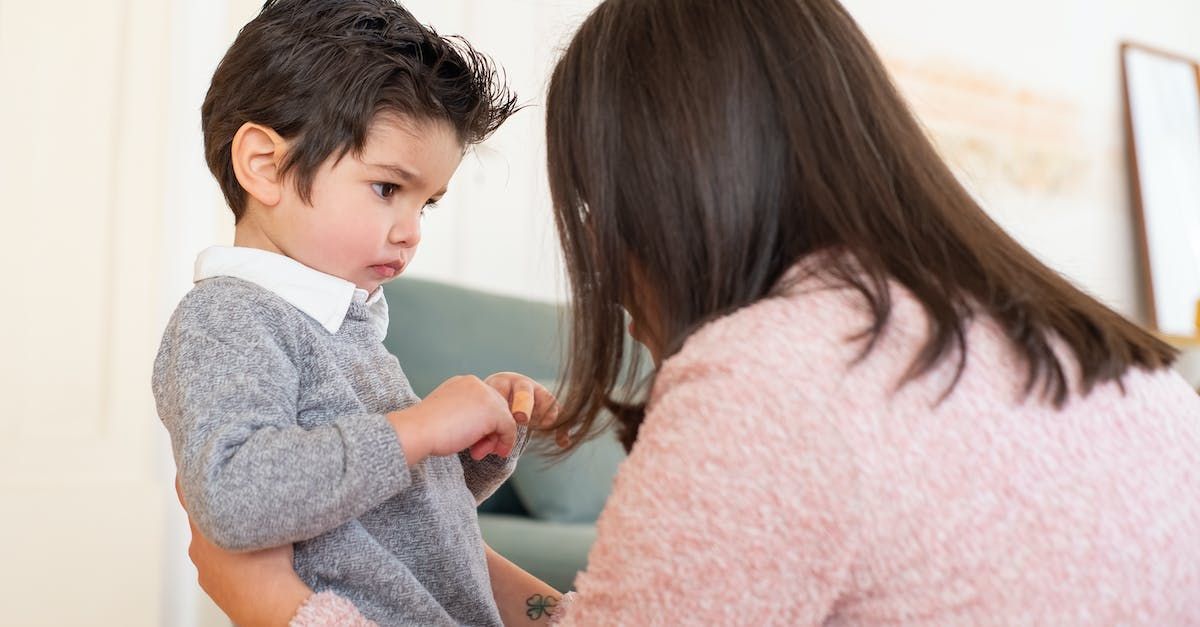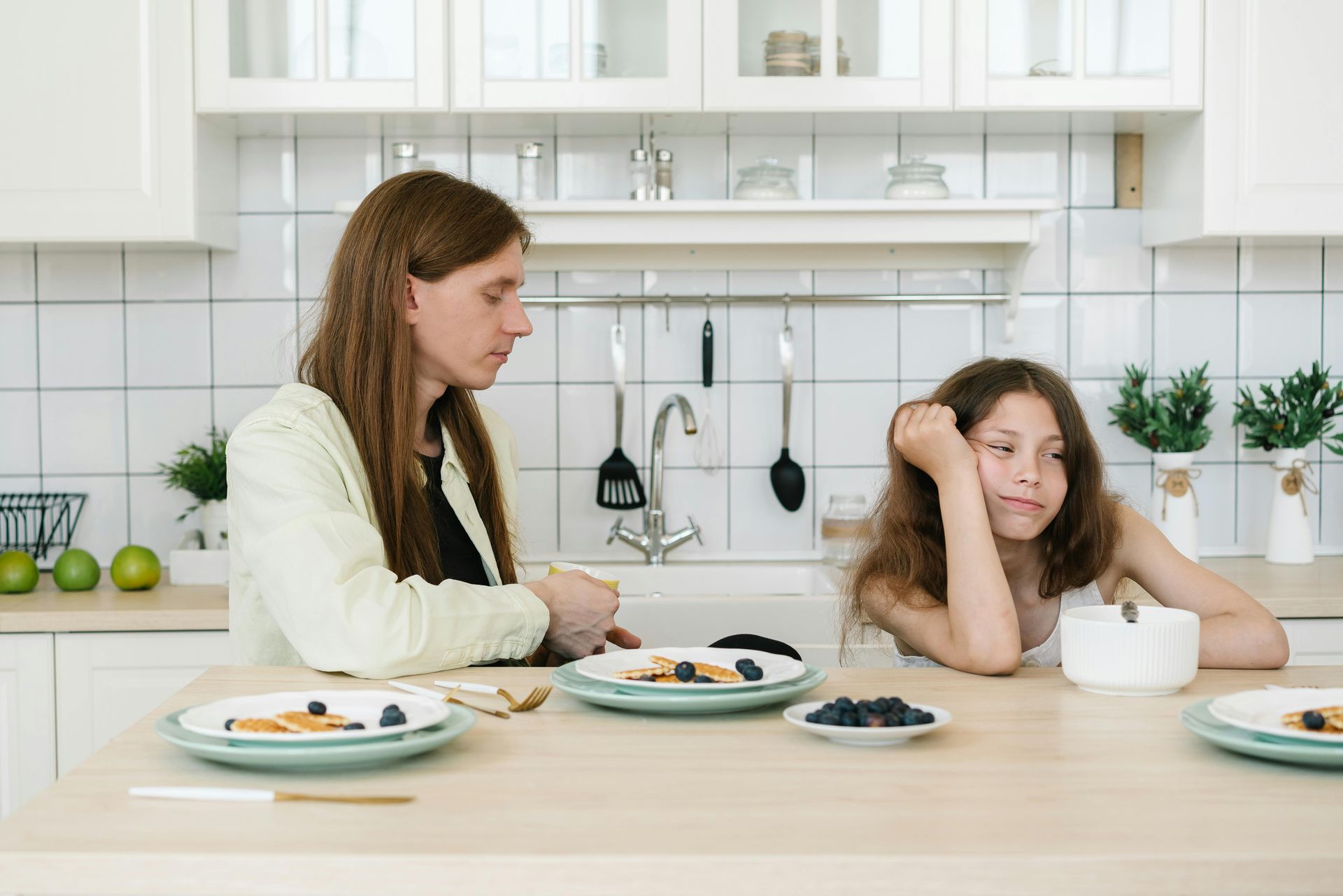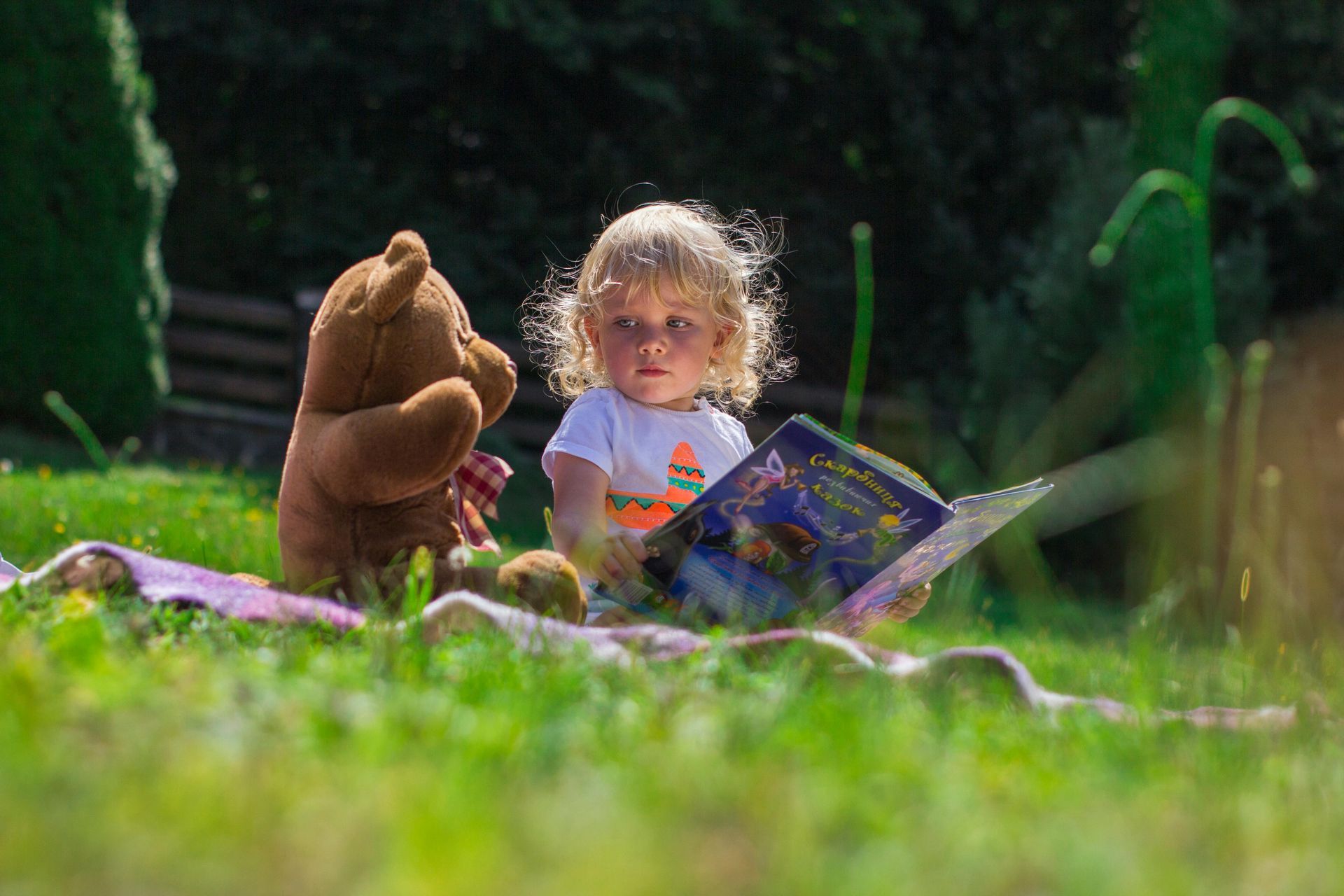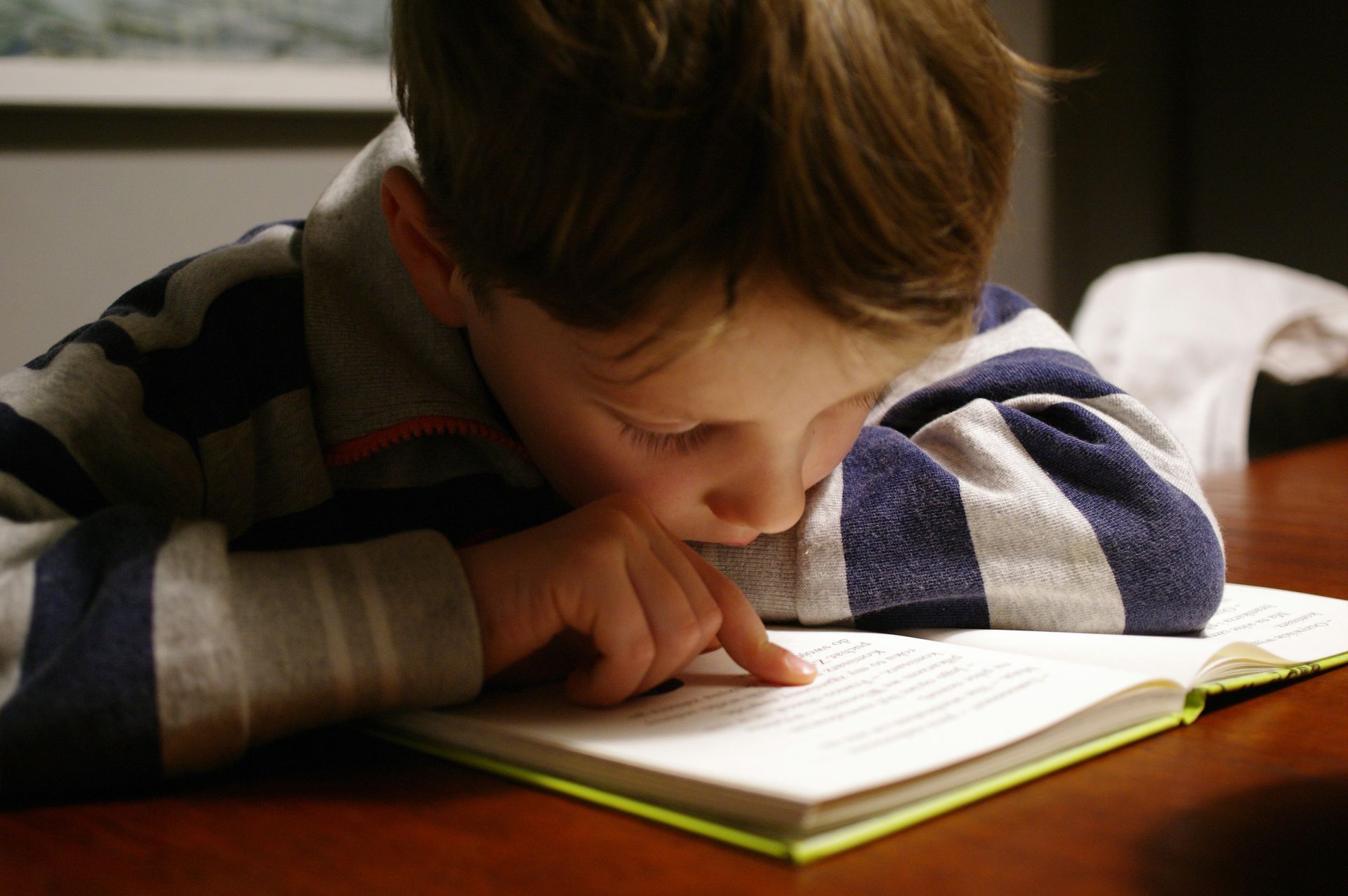How to Talk to Your Child About Mental Health
Navigating Emotional Landscapes with Young Minds
As parents of young children, one of the most profound skills we can nurture in our little ones is the understanding and expression of their mental health. But where do we begin this delicate conversation?
Starting the Dialogue
Introducing mental health to your child can start with everyday moments. It's about discussing emotions as they come up in day-to-day life - be it happiness, sadness, or anger.
Encourage your child to name their feelings and express them openly.
Creating a Safe Space
Ensure that your child feels comfortable and safe to express their emotions without judgment. A cozy reading nook or during a relaxed bedtime routine can be ideal times for such discussions.
Listening and Validating
Active listening is key. Let your child know that their feelings are important and valid.
It's not about offering immediate solutions but understanding and acknowledging their emotions.
Age-Appropriate Discussions
Tailor your discussions to be age-appropriate.
For young children, keeping explanations simple and relatable is crucial. Avoid overcomplicating things and focus on the basics of emotions.
Introducing Coping Mechanisms
Teach your child simple strategies to manage their emotions, like deep breathing or drawing to express themselves.
Make them understand that it's okay to ask for help.
The Mabel Book Series: A Tool for Conversation
For young children, especially those in Key Stage 1,
the Mabel book series
can be an invaluable tool. Designed to introduce children to mental health concepts, these books use engaging stories and characters to start meaningful conversations. Whether it's dealing with worry, sadness, or more complex feelings, Mabel's adventures provide a gentle introduction to these topics.
Why It Matters
In today's fast-paced world, ensuring our children's mental well-being is more crucial than ever. Starting these conversations early helps in building a foundation for emotional intelligence and resilience.
As parents, our role in guiding our children through their emotional journey is invaluable. By using resources like the Mabel book series and creating an open dialogue, we can equip our children with the tools they need to navigate their emotions effectively and healthily.
Remember, the journey of understanding mental health is a continuous one, filled with learning and growth for both parents and children alike.





